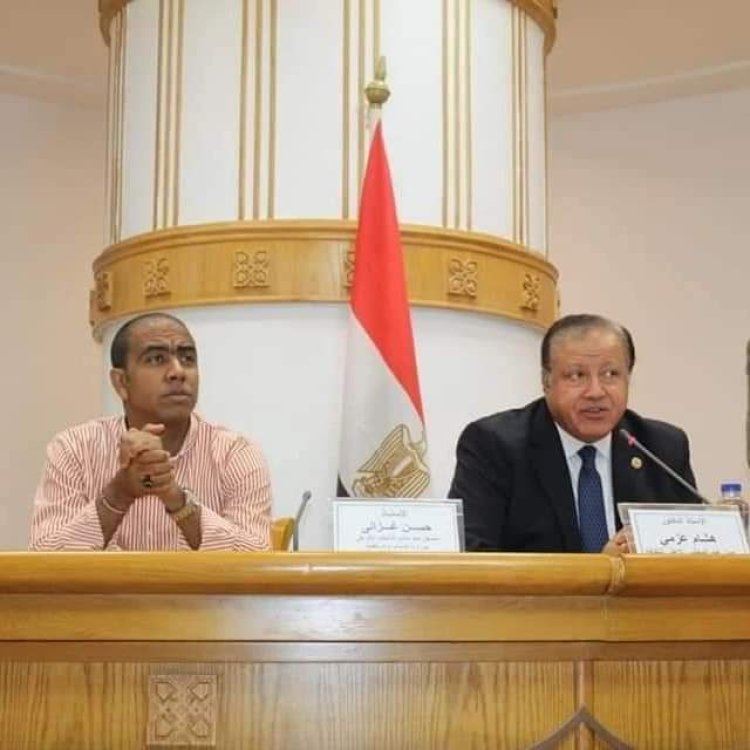Officially: Ghazaly Joins the Econ. & Pol. Sci. Committee at the Supreme Council for Culture

Dr. Nevine El-Kilani, Minister of Culture, has officially appointed the political sociologist Hassan Ghazaly as a member of the Supreme Council for Culture in the Committee for Economics and Political Sciences. The committees, consisting of elite specialists, are set to commence their work this week with a series of meetings to discuss their plans and tasks within the policies and objectives of the Supreme Council for Culture.
In the same context, the Committee for Economics and Political Sciences includes Dr. Mohamed Ahmed Ali Morsy Ahmed, researcher at the TEIM International Mediterranean Studies Center - Carlos III University in Madrid, as the "rapporteur," along with members such as Dr. Ahmed Lotfi Dief, Assistant Professor at the Department of Statistics, Faculty of Economics and Political Sciences, Cairo University, Amira Samir Naeem Tawadros, head of the Demographic Center affiliated with the Ministry of Planning, Jamal Ali Zahrane Hassan, professor of political science and international relations at the Suez Canal University, Dina Magdy Armanious, professor in the Statistics Department at the Faculty of Economics and Political Sciences, Cairo University, Shadia Fathi Ibrahim Abdullah, professor of political science at Cairo University, Shereen Raouf Zaki Tadros, professor of political science at Cairo University, Adela Mohamed Abdel Salam Ragab, professor in the Economics Department and director of the Research and Economic Studies Center at the Faculty of Economics and Political Sciences, Cairo University, Osman Ahmed Osman, Ola Mohamed Ali El Khawaja, Mohamed Ahmed Ali El Adawi, professor of political science and public administration at Assiut University, Mohamed Salman Mohamed Salman Tayyeb, assistant professor of political science at Cairo University, Dr. Mahmoud Mahmoud Mansour Mustafa, professor of political science at Cairo University, and Dr. Nevine Abdel-Moneim Masad, professor of political science and member of the National Women's Council.
Dr. Nevine El-Kilani, as the head of the Supreme Council for Culture, has officially approved the new formation of the permanent committees for a two-year term. The Council comprises approximately four sections, including the Section for Cultural Policies and Development, Arts, Literature, and Social Sciences. Each section consists of a set of committees, totaling around 24 committees.
The permanent committees are organized into two main groups: Cultural Policies and Development, and Specialized Committees, which establish general rules and standards for all cultural sectors and institutions in specialized industries. These committees play a crucial role in enhancing the Supreme Council for Culture's role in shaping the visions and general policies of Egyptian culture in the coming period. The goals include promoting positive values, combating ideological extremism, achieving cultural justice, emphasizing cultural leadership, discovering and nurturing talented individuals, developing cultural institutions, fostering cultural industries, protecting and enhancing cultural heritage, and establishing communication paths between generations of intellectuals. This is done through increased representation of youth and the presentation of new creative ideas that positively impact society, aligning with Egypt's Vision 2030.
